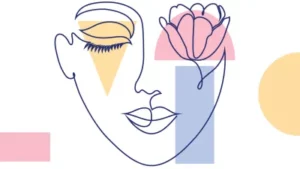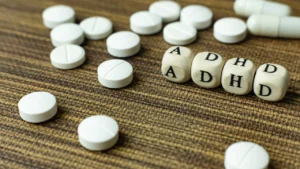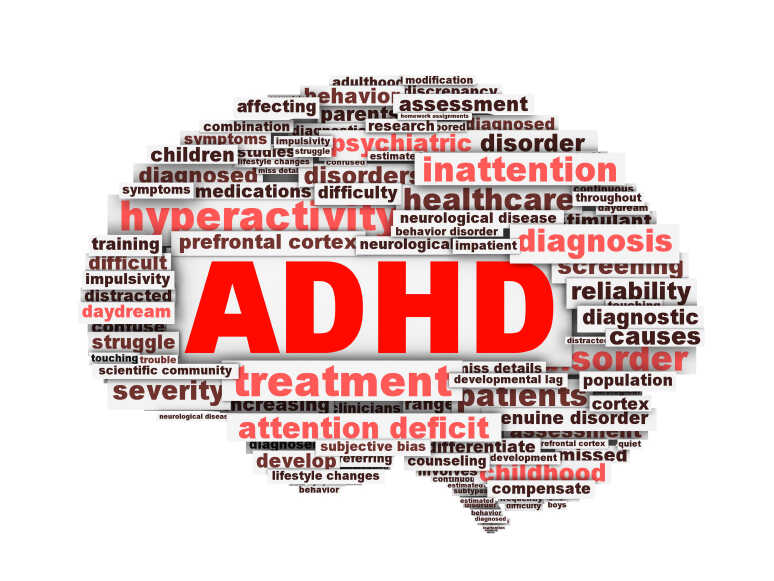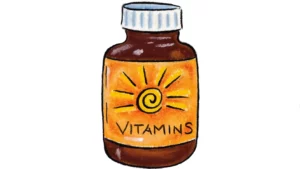Attention Deficit Hyperactivity Disorder (ADHD) is a condition that affects many people around the world. There is no one-size-fits-all approach to treating ADHD, as each person’s needs vary. However, there are many natural remedies for ADHD that can help improve symptoms and make life easier for those who suffer from this disorder. In this blog post, we will discuss 16 of the most effective natural remedies for ADHD.
Contents
What Is ADHD?
Attention Deficit Hyperactivity Disorder (ADHD) is a mental disorder that characterizes by problems with focus, hyperactivity, and impulsiveness. Symptoms of ADHD can begin in childhood and persist into adulthood. It is further estimated that ADHD affects between three and five per cent of children worldwide.
While there is no cure for ADHD, there are many treatments available that can help manage symptoms. Some people with ADHD may require medication to control their symptoms, while others may be able to manage their condition with lifestyle changes and natural remedies.
Natural Remedies For ADHD

While there is no cure for ADHD, there are many treatments available that can help improve symptoms. Natural remedies for ADHD are often safe and effective, with few side effects.
People may not want to opt for traditional treatments through medication or therapy due to a variety of reasons. In these instances, natural remedies can help in managing symptoms.
Here are 16 of the most effective natural remedies for ADHD:
Omega-three fatty acids
Omega-three fatty acids are essential for brain health. They can be found in fish oil supplements or foods such as salmon, tuna, and walnuts. Omega-three fatty acids have been shown to improve symptoms of ADHD, including impulsiveness and hyperactivity.
Magnesium
Magnesium is a mineral that is involved in many biochemical reactions in the body. It can be found in green leafy vegetables, nuts, and seeds. Magnesium deficiency has been linked to ADHD, and supplementing with magnesium has been shown to improve symptoms.
Iron
Iron is an essential mineral required for the proper function of many enzymes in the body. It can be found in foods such as red meat, dark leafy greens, beans, and fortified cereals. Iron deficiency has been linked to ADHD, and iron supplementation can improve symptoms.
Chromium
Chromium is a mineral that is involved in carbohydrate and fat metabolism. It can be found in foods such as whole grains, meats, vegetables, and nuts. Chromium supplementation has been shown to improve symptoms of ADHD.
Zinc
Zinc is a mineral involved in many processes in the body, including immune function and metabolism. It can be found in seafood, poultry, eggs, as well as nuts. Zinc deficiency has been linked to ADHD, and zinc supplementation can improve symptoms.
Choline
Choline is an essential nutrient found in eggs, meat, and fish. It is involved in many processes in the body, including brain development. Choline supplementation has been shown to improve symptoms of ADHD.
Vitamin B

Deficiency of Vitamin-B (particularly B6) can cause irritability and fatigue in children and adults with ADHD. Adequate B6 levels can increase alertness and decrease anxiety-like symptoms.
Ginkgo biloba
Ginkgo biloba is a plant extract that has been used for centuries in traditional Chinese medicine. It is thought to improve circulation and increase blood flow to the brain. Ginkgo biloba has been shown to improve symptoms of ADHD.
Bacopa Monnieri
Bacopa monnieri is a plant extract that has traditionally been used in Ayurvedic medicine to treat memory and cognitive problems.
Rhodiola Rosea
Rhodiola Rosea is a herb that has traditionally been used in Russian folk medicine to treat fatigue and stress. It has further been shown to improve symptoms of ADHD.
Tyrosine
Tyrosine is an amino acid found in protein-rich foods such as meat, poultry, fish, and eggs. This supplementation has been shown to improve symptoms of ADHD.
Green Tea
Green tea is rich in antioxidants and has many health benefits. It has been shown to improve symptoms of ADHD.
Dietary Changes
Making dietary changes can also help improve symptoms of ADHD. Eliminating processed foods, artificial additives, and food allergens from the diet can help reduce hyperactivity, impulsivity, as well as inattention.
Exercise
Exercise is a great way to relieve stress and improve overall health. Exercising improves symptoms of ADHD. It can help improve focus, and concentration, in addition to energy levels.
Acupuncture
Acupuncture is a traditional Chinese medicine technique that involves inserting thin needles into the skin. This technique is an effective treatment for ADHD.
Biofeedback
Biofeedback is a type of mind-body therapy that uses sensors to measure body functions such as heart rate and muscle tension. It is an effective treatment for ADHD.
These are just a few of the many natural remedies for ADHD that can help improve symptoms and make life easier for those who suffer from this disorder. It is important to consult with a healthcare professional before using any of them to check for allergies, reactions, and effectiveness.
How Do Natural Remedies Help ADHD?
There are many ways in which natural remedies can help ADHD. They can improve focus, concentration, and energy levels. They can also help to reduce impulsivity, hyperactivity, and inattention. Natural remedies can also help to relieve stress and improve overall health. They also have the added benefit of being safe and free from side effects.
Side Effects
Natural remedies are usually safe and well-tolerated. However, some people may experience side effects such as headaches, dizziness, nausea, and fatigue. If you experience any side effects, it is important to consult with a healthcare professional.
No matter what route you decide to take in terms of treatment for ADHD, remember that there are many options available and that natural remedies can be an effective option for many people. Consult with your healthcare professional to find the best option for you.
Alternative Treatment Options

Now that we have learned about a huge variety of natural remedies for ADHD, let us take a look at some alternate methods of ADHD treatment to help you manage your symptoms.
Neurofeedback therapy
Neurofeedback therapy is a type of biofeedback that uses electrical sensors to measure brain activity. This therapy is an effective treatment for ADHD.
Cognitive-behavioral therapy
Cognitive-behavioral therapy is a type of psychotherapy that can help people with ADHD learn how to manage their symptoms.
Stimulant medication
Stimulant medication is the most common type of medication that treats ADHD. Stimulants increase levels of dopamine and norepinephrine in the brain, which can further improve focus and concentration.
Non-stimulant medication
Non-stimulant medications are also used to treat ADHD. These medications work by increasing levels of norepinephrine in the brain. They are most advisable for kids to reduce the risk of side effects.
Antidepressants
Antidepressants can also help improve mood and reduce impulsivity. They raise the levels of dopamine, further work on improving the attention span and work on combating behaviors like impulsiveness, aggression and hyperactivity.
Behavioral therapy
Behavioral therapy is a type of psychotherapy that can help people with ADHD learn how to understand, assess and further manage their symptoms.
Parent training and education
Parent training and education can help parents learn how to best support their child with ADHD. This may include learning about the disorder, medication, as well as behavior management techniques.
School-based interventions
School-based interventions can also be helpful for children with ADHD. These interventions may include accommodations, behavioral strategies, and also academic support.
Counselling
Counselling can help people with ADHD manage their symptoms and also cope with the challenges of the disorder. It can also help family members and caregivers understand and support their loved ones with ADHD.
There are many different treatment options available for ADHD, and the best course of treatment will vary from person to person. If you or someone you know has ADHD, talk to a mental health professional about which treatment options may be right for you. With the right treatment, people with ADHD can also lead happy and successful lives.
Conclusion
If you or a loved one is struggling with ADHD, know that you are not alone. There are many treatments available that can help improve symptoms and make life easier.
For more information, please contact MantraCare. ADHD is a neurodevelopmental disorder characterized by difficulty in paying attention, hyperactivity, and impulsivity. If you have any queries regarding Online ADHD Counseling experienced therapists at MantraCare can help: Book a trial ADHD therapy session



